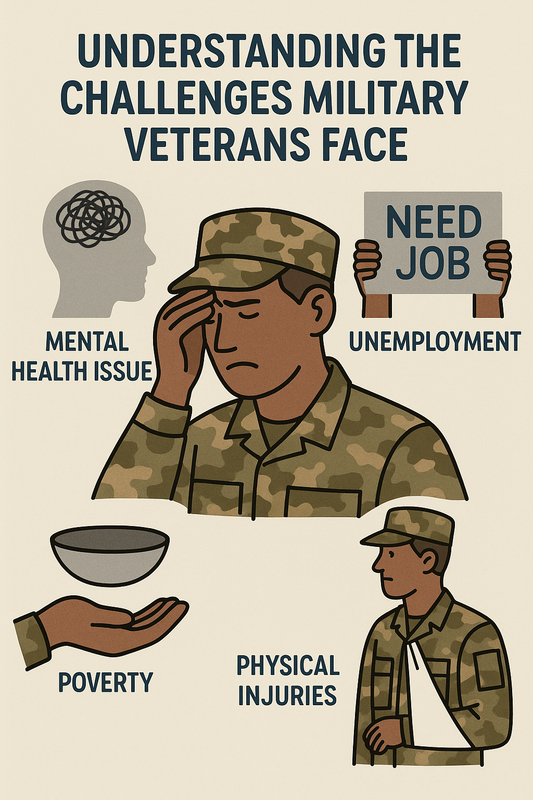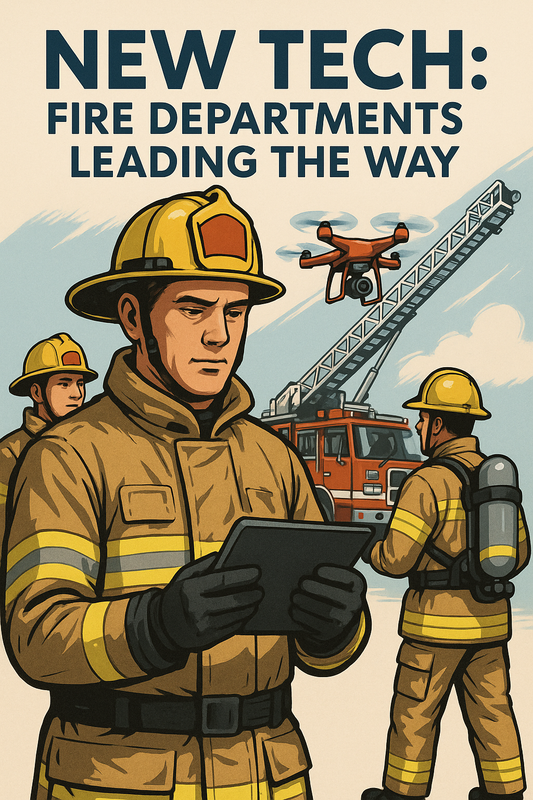
The Impact of Education on Crisis Management Awareness
Frequently Asked Questions
1. What is crisis management education?
2. How can educators incorporate crisis management into their curricula?
3. What role does technology play in crisis management education?
4. Why is community involvement important in crisis management education?
5. What essential skills do students gain from crisis management education?
Crisis situations are unpredictable and can occur at any time, often leaving individuals and communities in distress. The role of education in fostering awareness and preparedness for such crises cannot be overstated. When educators incorporate crisis management strategies into their curricula, they cultivate a knowledgeable and resilient populace. In this blog, we will explore how education influences crisis management awareness, the essential skills that can be developed through learning, and practical steps educators can take to integrate these concepts into their teaching.
Understanding Crisis Management
Crisis management is a strategic approach to dealing with emergencies, disasters, or any unforeseen events that disrupt normal operations. A well-rounded education in crisis management arms individuals with the knowledge to respond effectively under pressure. Through structured learning, students can develop essential skills such as critical thinking, problem-solving, and communication—all crucial during a crisis.
The Importance of Educators in Crisis Management Training
Educators play a pivotal role in preparing future generations for unexpected situations. Their influence extends beyond academic knowledge, as they can instill a sense of alertness and readiness within students. Here are several ways in which educators contribute to crisis management awareness:
1. Developing Curriculum Focused on Crisis Situations
Incorporating crisis management into the curriculum is essential. Subjects such as social studies, science, and health can include discussions on natural disasters, health crises, or community emergencies. By framing these topics within the education system, students can learn about the nature of crises and the importance of preparedness. This knowledge not only benefits individual students but also communities at large.
2. Organizing Training and Drills
Educators can facilitate real-life training scenarios, allowing students to practice their responses in controlled environments. Fire drills, emergency response simulations, and role-playing exercises help to enhance students’ preparedness and foster teamwork. Such practical experiences build confidence and teach valuable lessons on communication and leadership.
3. Encouraging Critical Thinking and Decision Making
In crisis situations, the ability to think critically is crucial. Educators can implement problem-based learning strategies that require students to analyze situations, assess risks, and develop response plans. Encouraging discussions around hypothetical crises helps refine students’ decision-making abilities, making them more effective leaders in times of trouble.
Building Awareness Through Community Engagement
Education doesn’t just happen in the classroom; it extends to the larger community. Schools can partner with local organizations, emergency services, and community leaders to promote awareness of crisis management.
1. Guest Speakers and Workshops
Inviting experts from various fields related to crisis management, such as firefighters, law enforcement officials, and healthcare professionals, can provide students with firsthand insights. Workshops led by these professionals can create interactive experiences that foster understanding and appreciation for crisis management.
2. Community Resilience Programs
Schools can collaborate with local emergency management agencies to develop community resilience programs. Such initiatives might include public education campaigns, community response drills, and volunteering opportunities for students. Engaging students in these programs enhances their understanding of community dynamics and reinforces the importance of collective responsibility.
The Role of Technology in Education
In today’s digital age, technology acts as a powerful tool in crisis management education. The integration of technology in teaching provides a modern approach to learning about crises. Here’s how:
1. E-Learning Platforms
Online learning platforms make resources accessible to students anywhere, anytime. Students can participate in virtual simulations, access crisis management modules, and engage in interactive exercises that enhance their understanding of crisis scenarios.
2. Social Media and Communication Tools
Using social media and communication tools, educators can create online forums for discussing crisis management topics. These platforms encourage sharing of resources, insights, and best practices among students, empowering them to learn collaboratively while increasing awareness of real-time events happening in the world.
Empowering Students with Essential Skills
Crisis management education provides students with a toolkit of essential skills. Here are some critical ones that can positively affect their lives:
1. Resilience and Adaptability
Students learn to adapt quickly to changing environments, which is crucial during crises. Building resilience helps them develop a positive mindset, enabling them to face challenges head-on.
2. Leadership and Teamwork
Education in crisis management cultivates leaders. Students learn to work as part of a team, understanding the value of collaboration and shared responsibility in problem-solving scenarios. This spirit of cooperation is vital during emergencies.
3. Communication Skills
Effective communication is key in crisis situations. Through participating in discussions, role-plays, and presentations, students enhance their verbal and written communication skills, ensuring their message is clear when it matters most.
Parental and Community Involvement
Support from parents and the community is essential in reinforcing the lessons learned in education regarding crisis management. Community workshops and discussions can bridge the gap between home and school, leading to a shared understanding of how to tackle crises.
1. Encouraging Conversations at Home
Educators can encourage parents to discuss crisis management topics with their children. This reinforces learning and promotes critical thinking in a familial setting. Conversations can also help normalize discussions around emergencies, making them less daunting.
2. Collaborating with Local Agencies
Schools can actively involve local agencies in their programs, ensuring a comprehensive understanding of available resources. This partnership enhances students’ awareness of community resources and how to access them during emergencies.
Next Steps Towards a Knowledgeable Future
The role of education in crisis management awareness is profound and multifaceted. By prioritizing these teachings, we prepare our youth for the obstacles they may face in the future. Educators hold the key to molding a society that recognizes the importance of readiness and resilience. As we drive the conversation about crisis management education forward, we pave the way for a more aware, prepared, and capable future generation. Let's embrace the power of education to equip our students with the necessary skills to navigate through any crisis, turning potential chaos into organized action. Together, we can transform our communities into models of resilience, demonstrating that preparedness today can save lives tomorrow.




